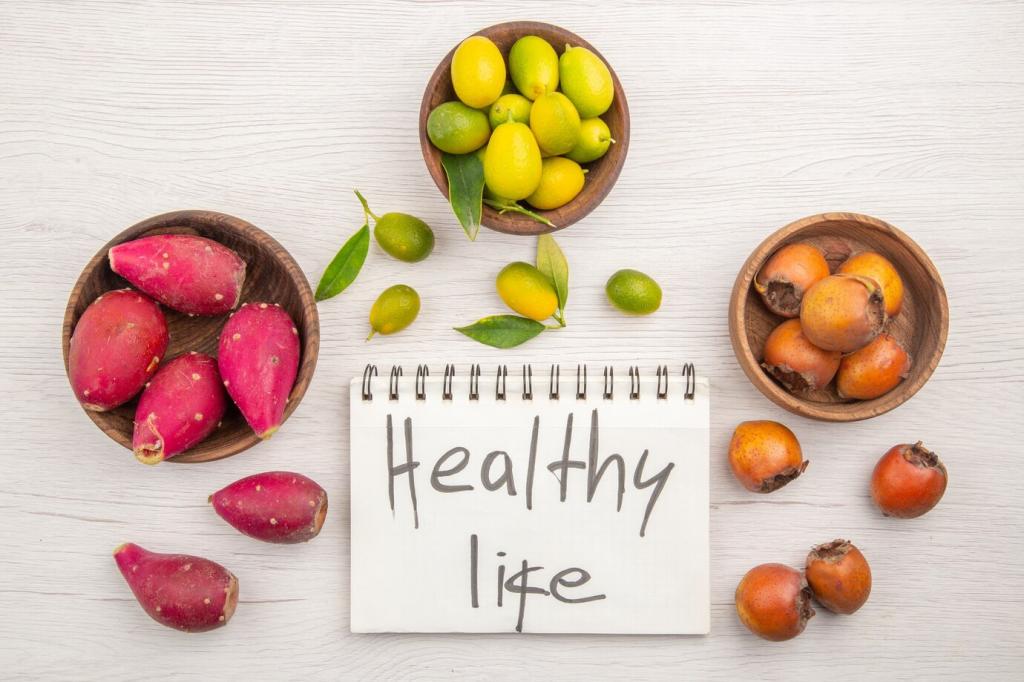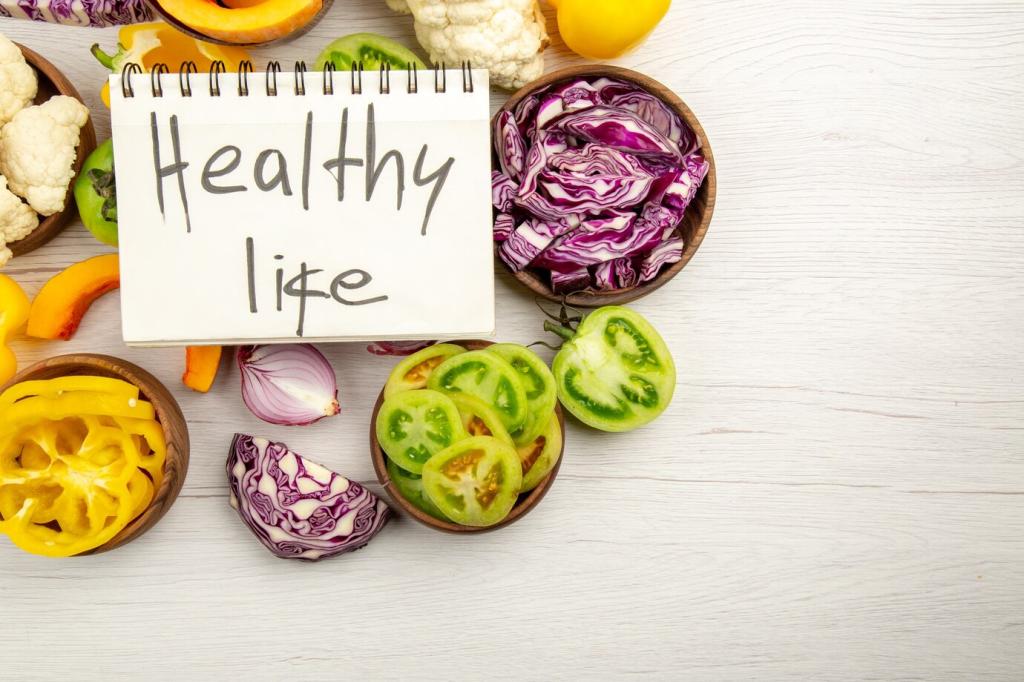The Impact of Sugar on the Immune System
How Sugar Talks to Your Immune Cells
Glucose Spikes and Inflammation
Rapid rises in blood sugar can nudge inflammatory messengers upward, signaling your body that something is off. Over time, frequent spikes may keep that alarm slightly on, leaving you more reactive and less nimble when actual pathogens show up.
White Blood Cells Under Pressure
When oxidative stress builds after high-sugar meals, immune cells may struggle to perform optimally. Think of neutrophils and macrophages as cleanup crews; if their tools are dulled by stress, debris lingers longer, and recovery from minor infections can feel sluggish.
Short-Term vs. Long-Term Effects
A single dessert won’t define your immune destiny, but patterns matter. Occasional indulgence is different from daily excess. Your body adapts to habits, so consistent moderation gives immune cells the supportive environment they need to stay focused and effective.
High added sugar intake can favor less helpful microbes over fiber-loving allies. When short-chain fatty acid production drops, immune communication may become less balanced, potentially increasing inflammation and weakening your body’s ability to respond precisely.
The Gut-Immune Highway and Sweetness
When the gut barrier is stressed, unwanted particles can slip through and trigger immune responses. Supporting the lining with whole foods, fiber, and fermented options helps keep the gate secure, so immune cells fight real threats, not harmless passersby.
The Gut-Immune Highway and Sweetness
Sugar, Stress, and Sleep: The Immune Triangle
Stress can push us toward quick sugar hits, which briefly soothe but often rebound into more cravings. That roller coaster can keep cortisol elevated, nudging inflammation along. Share your stress-busting ritual that doesn’t rely on sweets—we’ll feature the best ideas.
A Personal Story: From Office Snacks to Fewer Sick Days
The Break Room Trap
Maya worked near a snack table loaded with pastries. Afternoon crashes became normal, and winter colds lingered. She began swapping one pastry a day for nuts and fruit, and noticed steadier energy by week two—and fewer scratchy throats by month’s end.
Weekend Reset Without Deprivation
Instead of banning treats, Maya planned a mindful dessert after dinner on Saturdays. Predictable enjoyment reduced weekday grazing. Her immunity wins were subtle at first—faster recovery from sniffles, fewer lethargic mornings—and built confidence to keep going.
Your Turn to Experiment
Choose one small sugar swap for two weeks and keep a simple log: energy, sleep, and sick-day symptoms. Post your observations in the comments, and subscribe to join our community roundup where readers share what truly moved the needle.

Hidden Sugars: Reading Labels Like a Pro

Look for syrups, nectars, maltose, dextrose, fructose, and concentrates. When several sweeteners stack up in one product, total impact adds quickly. Snap a photo of your pantry labels and share your most surprising find to help others learn with you.
After a Sugar-Heavy Day: Immune Support Playbook
Hydrate and Remineralize
Water first, then consider a pinch of electrolytes if appropriate. Proper hydration helps clear metabolic byproducts and supports mucosal defenses. Add a brisk walk outside to steady blood sugar and report back on how your afternoon energy changes.
Fiber, Protein, and Color at Next Meal
Build your plate with legumes, leafy greens, and quality protein. These slow digestion, stabilize glucose, and supply immune-friendly micronutrients. Share a photo of your recovery meal and tag us—your idea could become our community’s go-to template.
Gentle Movement and Sunlight
Light exercise can improve insulin sensitivity, while daylight anchors your circadian rhythm, supporting nighttime immune repair. Aim for a short walk, stretches, or a bike ride, then comment on mood and sleep differences you notice midweek.


Science Snapshot: What Research Suggests
Studies suggest post-meal glucose dynamics can influence inflammatory signaling, but long-term habits shape the baseline. Focus on overall patterns—fiber-rich foods, balanced meals, and mindful sweets—rather than chasing perfection after one treat.
Science Snapshot: What Research Suggests
Excess sugar can contribute to glycation, potentially affecting protein function and immune clarity. Keeping averages steadier supports more reliable signaling between cells, aiding your body’s capacity to target real threats efficiently.
